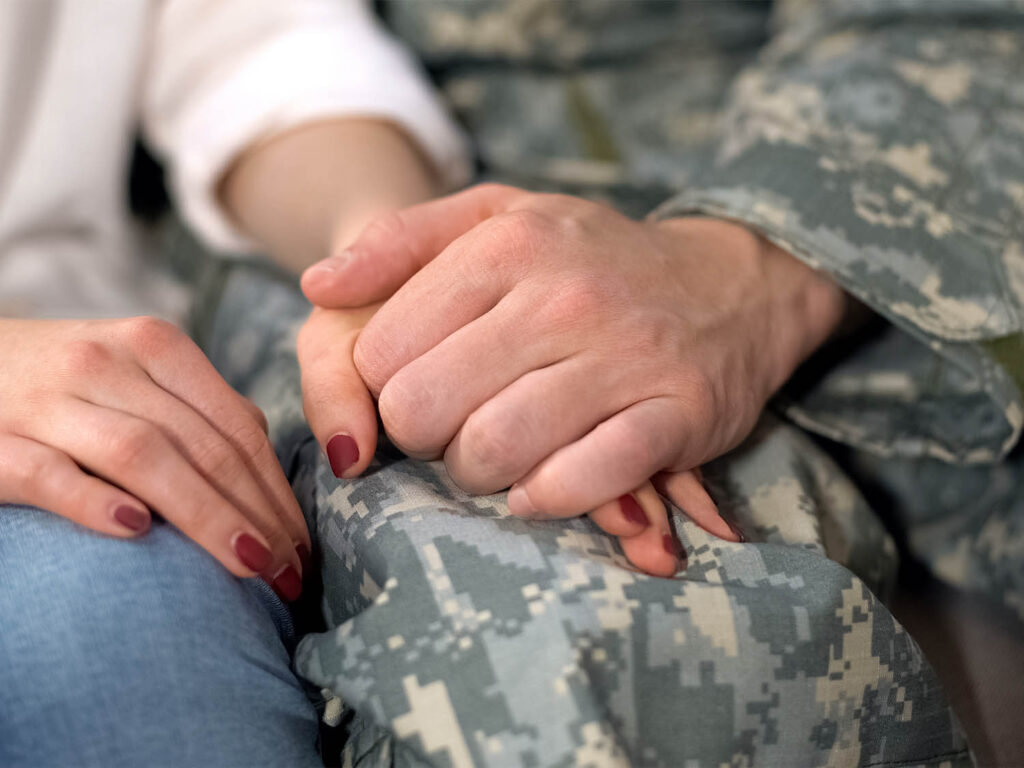What Is Trauma?
Understanding trauma's impact
Trauma, much like other mental health struggles, looks different for everyone. In many cases, the manifestation is heavily informed by the specific experience or experiences that preceded the negative reactions to stimuli. For example, a car crash survivor’s trauma will likely present very differently than the trauma experienced by a first-responder.
PTSD and other forms of trauma are triggered by experiencing a traumatic event, whether that was a direct experience, something you witnessed, something you heard about, or repeated exposure to someone else’s traumatic experience. These abnormal events can lead to a variety of symptoms.







